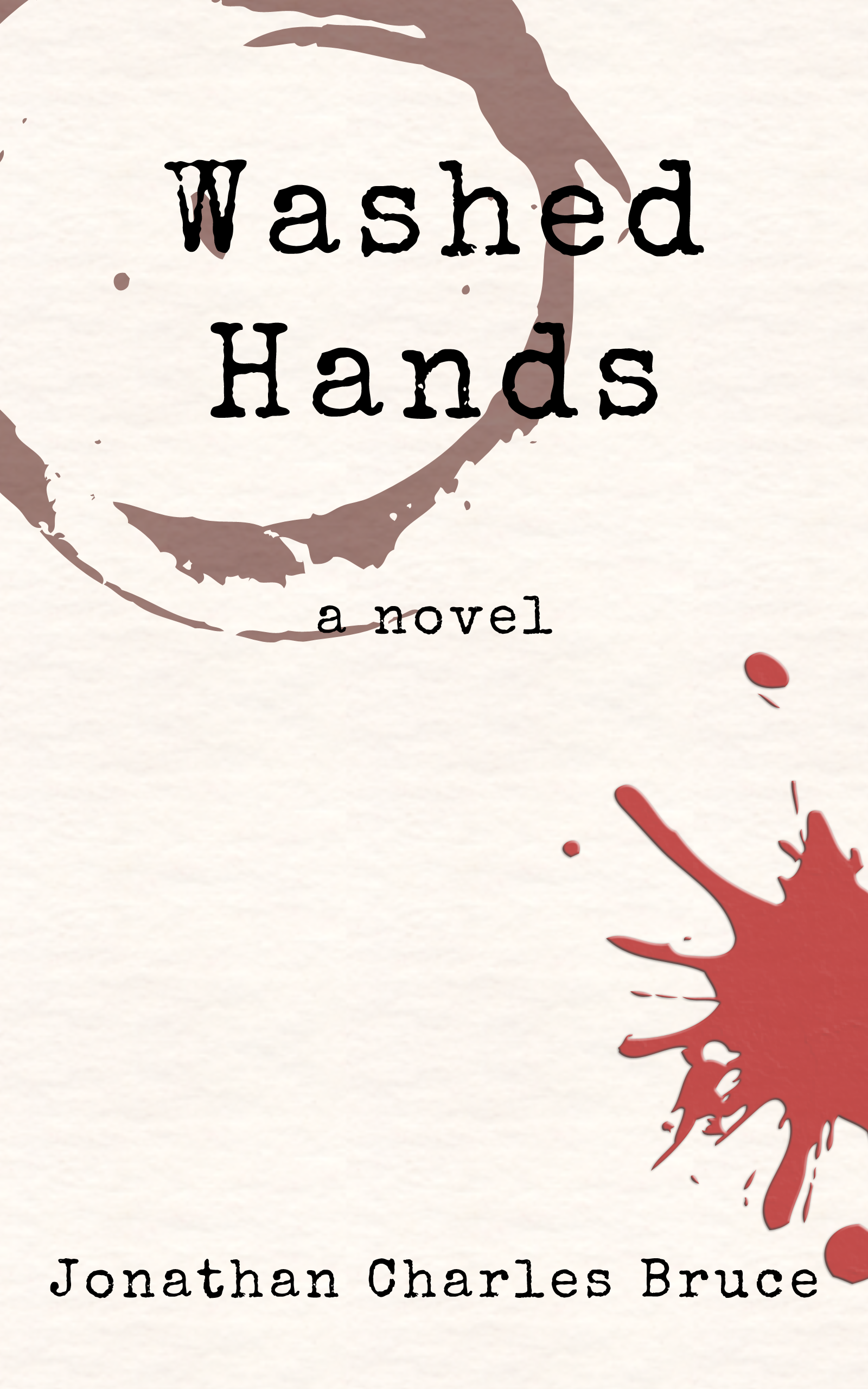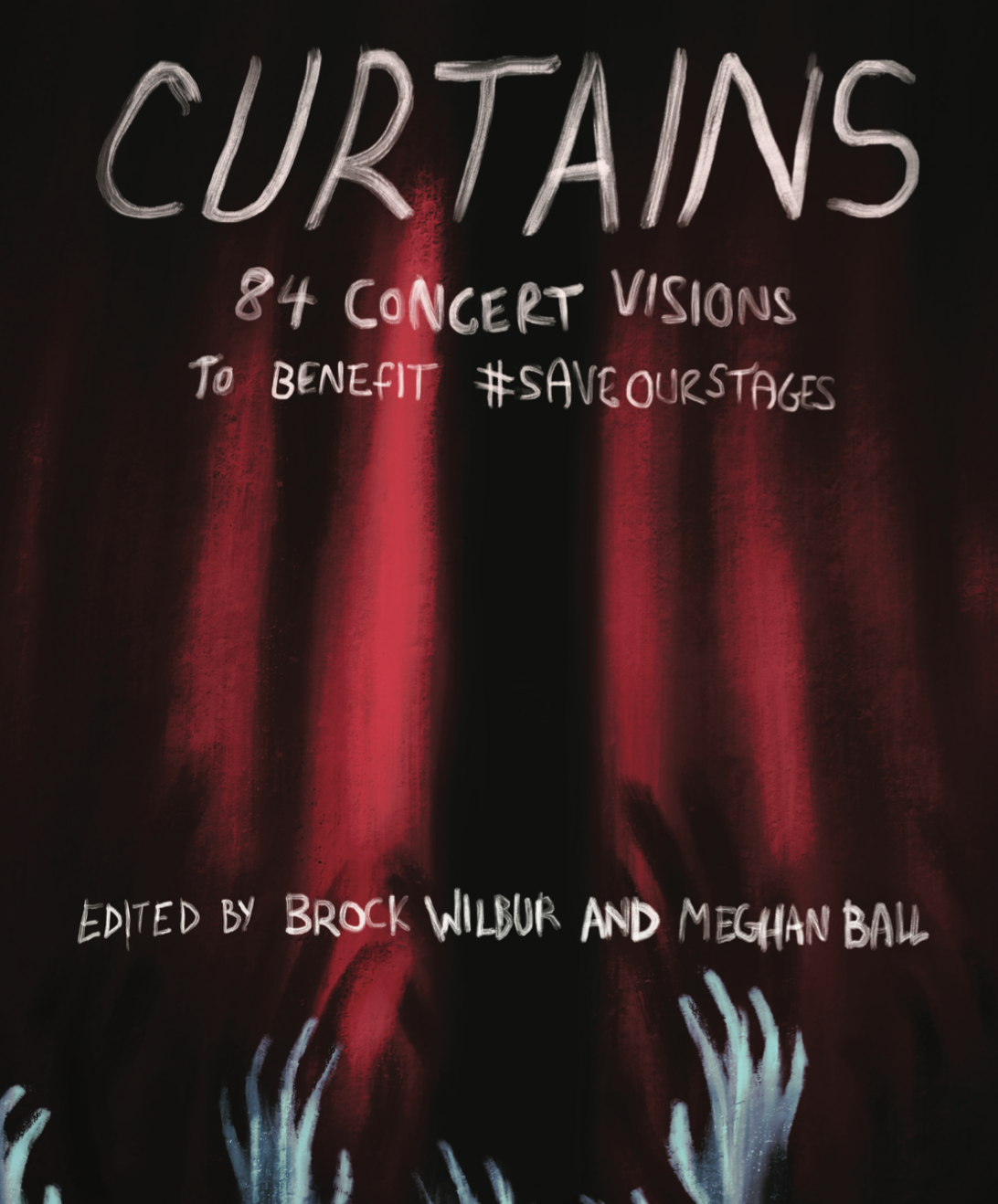Abuse
His eyes are dead.
Have his eyes always been dead?
It’s hard to tell anymore, knowing what you know. You sit across from someone you thought you could at least partially understand. Someone that you felt was a decent enough guy, if a little quiet. Someone earnest and diplomatic. Above all, you believed that he was kind. Those traits have been replaced, supplanted by a nature that, when you really think about it, you’re not at all surprised was boiling beneath the surface.
His eyes don’t sparkle with mirth when he smiles, but glisten with a shark-like intensity. The laugh which was once contagious now seems mocking. The humility he had always displayed no longer seems to possess the perfunctory, Midwest-nice quality it once did; instead, it comes across as deliberately misleading, a masterfully practiced sleight-of-hand. The fact that he never gestured when speaking was an odd piece of datum that went largely ignored; now it’s suggestive of barely restrained, unfocused anger.
You can feel him try to endear himself to you with every word. Once, it was the mark of someone who needed to be loved, desperate to find approval in whomever was available. Now, it’s the sign of something predatory urgently trying to blend in. To go unnoticed. When he looks at you to see if you’ve laughed at his joke or nodded sagely at his anecdote, it’s not the gaze of someone who viscerally needs to verify that his guests are having a good time. It’s someone probing for gaps in their armor of false normality, searching to see if their façade has been breached.
You’ve read enough stories of what happens when people like him are caught. You’re not the one who is going to hurt; it’s his family who will bear the consequences. Your behavior now dictates whether or not tonight will result in a riot or a tension-filled, though relatively quiet, evening. And that’s just the immediate aftermath—tomorrow will determine which of his partner’s ties he can cut, undermine, or otherwise fundamentally alter. He can and will erode an already limited network of support; perhaps his excuse will have the guise of nobility, though it will most likely simply be dictatorial fiat. If you don’t play your part, the consequences will be permanent and reach farther than you can imagine.
He says something that you don’t hear, but looks for your reaction.
For a split second, you fear that he knows that you know.
It seems that he wants you to laugh.
And so you laugh, but not too hard.
* * *
“I grew up with brothers,” becomes a phrase that makes you angry. Each bruise on your shoulder or chest would have that phrase deployed as a defense for their infliction. No matter how many times you tell her to stop or that the blows hurt or you carried evidence that these were not merely “playful” strikes, they kept coming. You were a pussy for not being willing to endure them, for requesting that it stops. It’s your fault that you’re not being a willing participant in your own abuse; the fact that you aren’t normalizing her violence is a mark of weakness.
After all, she can’t help it.
She grew up with brothers, you see.
She must hit you when she’s annoyed.
Why can’t you just accept that you will always be hit?
Deep down, you start to do just that.
* * *
You keep coming back to the thought that the scariest thing about it is that the information didn’t faze you.
You mine your experiences for some glimpse, some hint that his latent rage had always been there. The closest you get is that he, at times, was an aggressive driver. But you were never uncomfortable around him. You never noticed a propensity to anger. He never indicated in any of your interactions, any of the harmless stories that he would tell, that he would lash out—physically or verbally.
Nevertheless, it happened.
And the news went in, was processed, and understood as if you had known all along.
His partner doesn’t act any differently. She doesn’t shirk from his touch, doesn’t laugh at his jokes any less. There are no bruises to mark any recent transgressions, no stoop to the shoulders to indicate a withering psychological battering. You try to find a diminished glimmer in her eyes or a sideways glance that would indicate something—anything—amiss.
The charade is perfect, rehearsed and polished to a mirror sheen.
She smiles at you when she notices you aren’t quite present, trying to bring you back to the party.
Does she know you know?
What are the rules for letting her know that you do?
And while we’re at it, what exactly are the rules for friends running interference in an abusive relationship? Especially when, in an unspoken agreement, everyone simply decided that everything is fine?
While you’re grappling with this, you can feel those dead eyes on the back of your neck. Monitoring you, monitoring her. The sensation is not at all unusual for you; unhealthy jealousy is not only common but encouraged in relationships. But now, there’s a far more sinister tinge to the rising hairs on your neck. The anticipated violence is not yours to endure. Then, you hear their children playing in a side room, and it is as though glass has exploded around you.
You think back to how little you were shocked to learn he had harmed her.
You wonder how shocked you would be to learn the full extent of his potential for violence.
You turn to him and start to tell a meandering tale of a former workplace, desperate to chase the thoughts of bloody walls from your mind.
* * *
Friends are an interesting bunch.
You spend so long with them that you know their tics. You know how much you can rely on them in any particular moment. They reveal themselves to you, and you to them, and there is the implied sibling-like bond that, come hell or high water, they will be on your side and yours alone.
That is, at least, what the storybooks say about the topic. It has saved lives and worlds alike. It destroys superweapons and endures the apocalypse. It rescues us from most destructive of impulses and supports us in our most fleeting of dreams. Nothing is out of reach for those with the all-healing power of friendship™.
However, it is in the same stretch that these bonds are forged that we also discover how little our friends are willing to do. How little they are actually willing to deconstruct their own particular worldview to help those in need. The conversations you have, the jokes they make, all work toward establishing hard limits to that supposedly powerful sibling bond.
For instance, when you were groped in a dark room during a class, your girlfriend laughed. When you told your friends, they laughed, too. You should take it as a complement, they said. Isn’t it so funny that the man who constantly texts you, calls you, and stakes out your other classes grabbed your genitals? Isn’t it funny that you had to find hiding spots and vantage points on campus so you could go to your classes unmolested?
Why aren’t you flattered that this happened?
Your friends were only willing to go so far. They couldn’t imagine a world where a man could be sexually assaulted. It was a joke, a compliment, a wacky misunderstanding—every possible excuse that allows them to maintain a comfortable fiction.
When these are your friends, where do you turn when your significant other hits you, belittles you, and controls who you see? Where do you go when you’re convinced that no one cares enough to listen?
* * *
He playfully slaps you on the shoulder and gives you a shake.
He hugs you.
He insists on talking to you, cornering you.
The friendliness, fake or not, is perpetually there. What had once been charming is now hollow and fraught with desperateness to appear good. Of course, that’s just your interpretation of words and actions based on evidence that you feel you probably shouldn’t know.
And so you are stuck playing nice because, for the life of you, you don’t know what else to do.
< PREVIOUS ENTRY • NEXT ENTRY >
Advice • Fiction • Gaming • General Musings • Reviews





